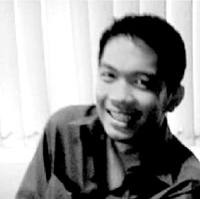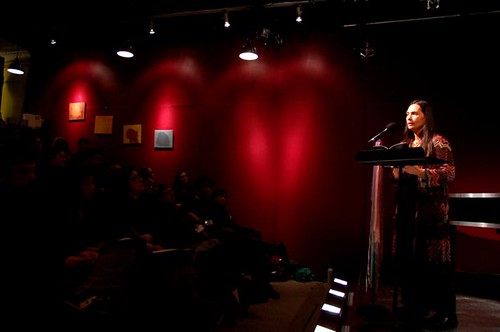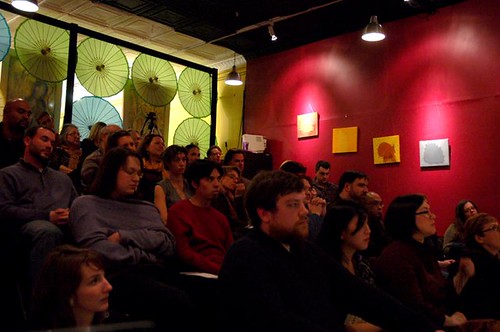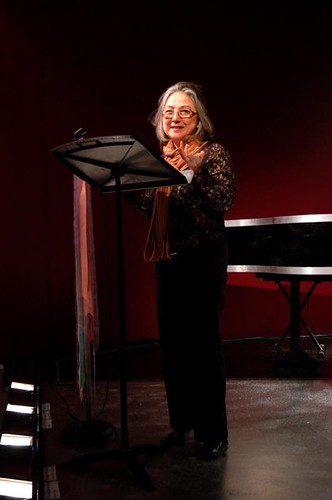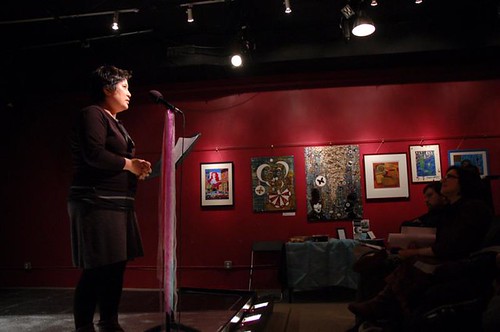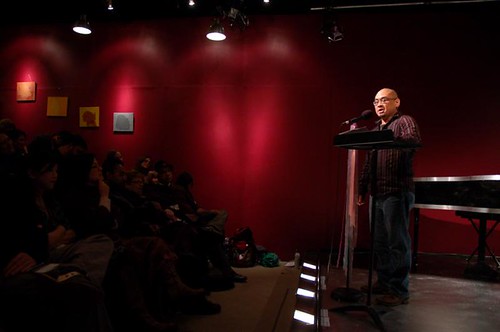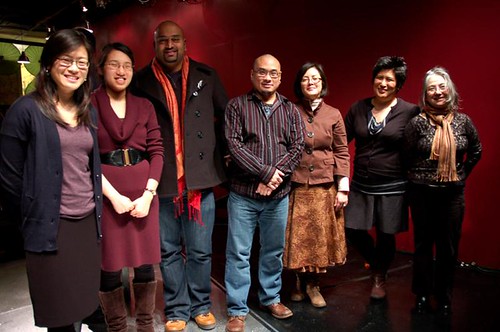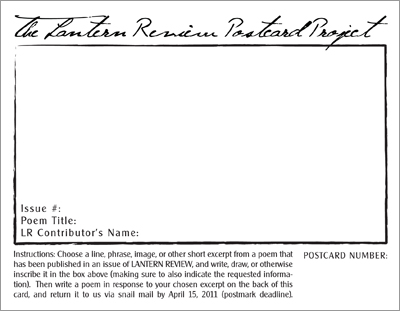Today’s installment of Summer Reads 2012 is the last of this year’s series, and a bit of a double-header. We have reads from two of our favorite LR Blog staff writers, Jai Arun Ravine and Henry W. Leung.
First, from LR contributor and book reviewer, Jai Arun Ravine:
Rachelle Cruz, Self-Portrait as Rumour and Blood (Dancing Girl Press), because it is about the aswang, a Philippine witch/vampire, and it has a bat/pterodactyl on the cover.
Javier O. Huerta, American Copia: An Immigrant Epic (Arte Publico Press), because it is about going to the grocery store and being checked out–by cashiers, cuties and INS agents.
Sarith Peou, Corpse Watching (Tinfish Press), because it is about being incarcerated and surviving the Khmer Rouge genocide, and for the amazing way it is bound.
And from LR book reviewer and “Panax Ginseng” columnist, Henry Leung:
Paper Shoes – Pavel Šrut
Between Security and Insecurity – Ivan Klima
A Prayer For Katerina Horovitzova – Arnošt LustigI’ve been in Prague discovering the work of incredible Czech writers. I got to hear Ema Katrovasread her prodigious translations of Šrut’s poems, which are brief and profound pieces following an everyman figure named Novak; and I got to hear Klima read a very insightful essay from his collection, about consumerism’s impact on religion and spiritualism today. Lustig, I’ve been told, was dedicated to the teaching of writing through fables; he was a Holocaust survivor (one of his titles, Transport From Paradise, is a heartbreaking reference to the way that the concentration camp at Terezín was paradise compared to the others), and an enormously important writer during the Velvet Revolution (along with Klima, Kundera, et al); he just passed away last year.
* * *
For more, read Jai’s “dern, 1” and “dern, 2” in Lantern Review, Issue 1, as well as Henry’s “Question for a Painter.”
To see the rest of this series (and find out what else our contributors have been reading this summer), click here.
What have you been reading this summer? Leave us a comment or drop us a line on Facebook or Twitter to let us know.


